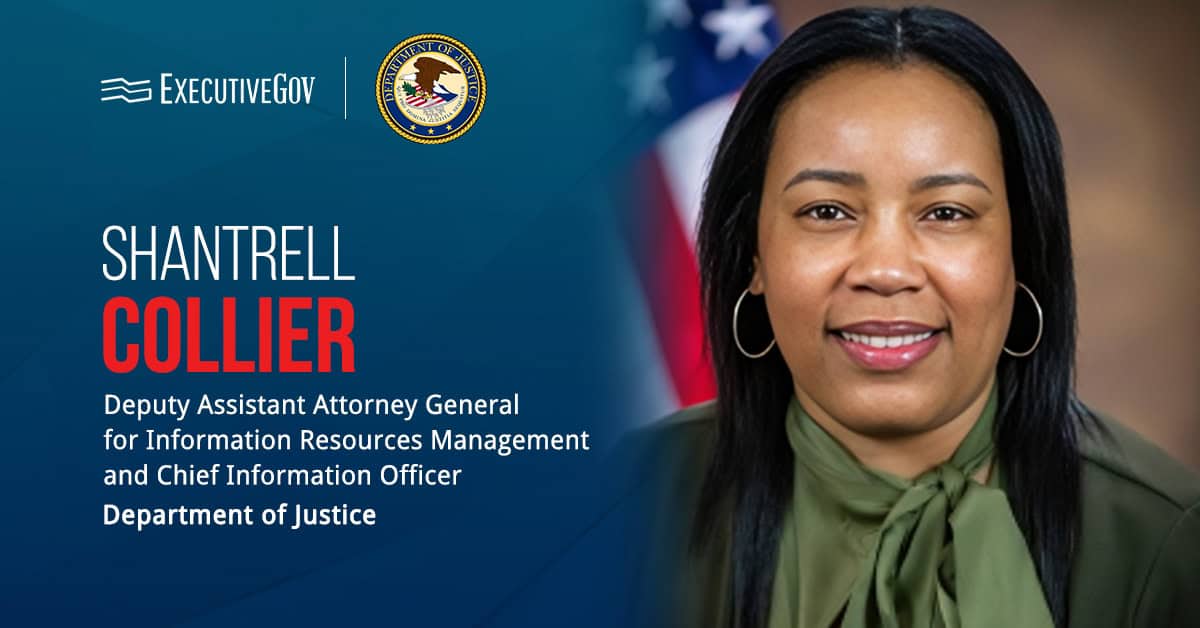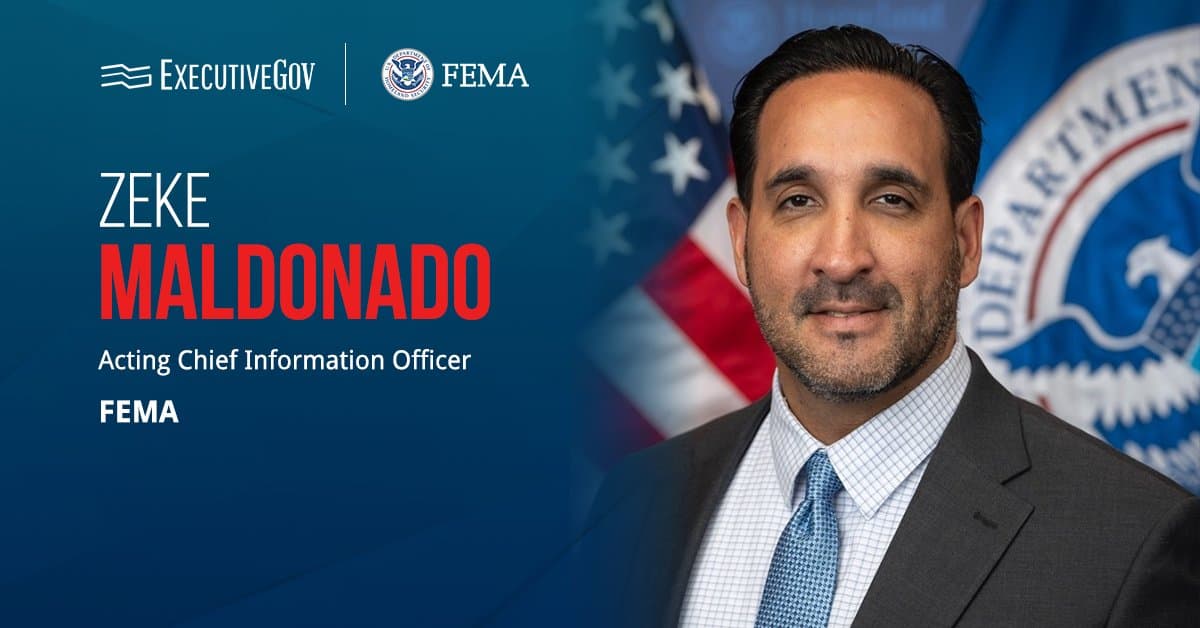
Neta Crawford, a professor from Boston University, said the federal government may add $1T to counterterrorism investments over the next decades, National Defense Magazine reported Tuesday.
Her recent report, titled “United States Budgetary Costs and Obligations of Post-9/11 Wars through FY 2020: $6.4 Trillion” projects government spending to continue a pattern of increasing counterterrorism over time.
Government investments in counterterrorism reached $5.4T between fiscal years 2001 and 2020. Crawford’s report said the government might invest at least $1T in medical services for conflict-affected veterans.
“These wars, and the domestic counterterrorism mobilization, have entailed significant expenses, paid for by deficit spending,†the study noted.
Crawford’s research attributes spending increases to accustomed costs related to post-9/11 conflicts.





